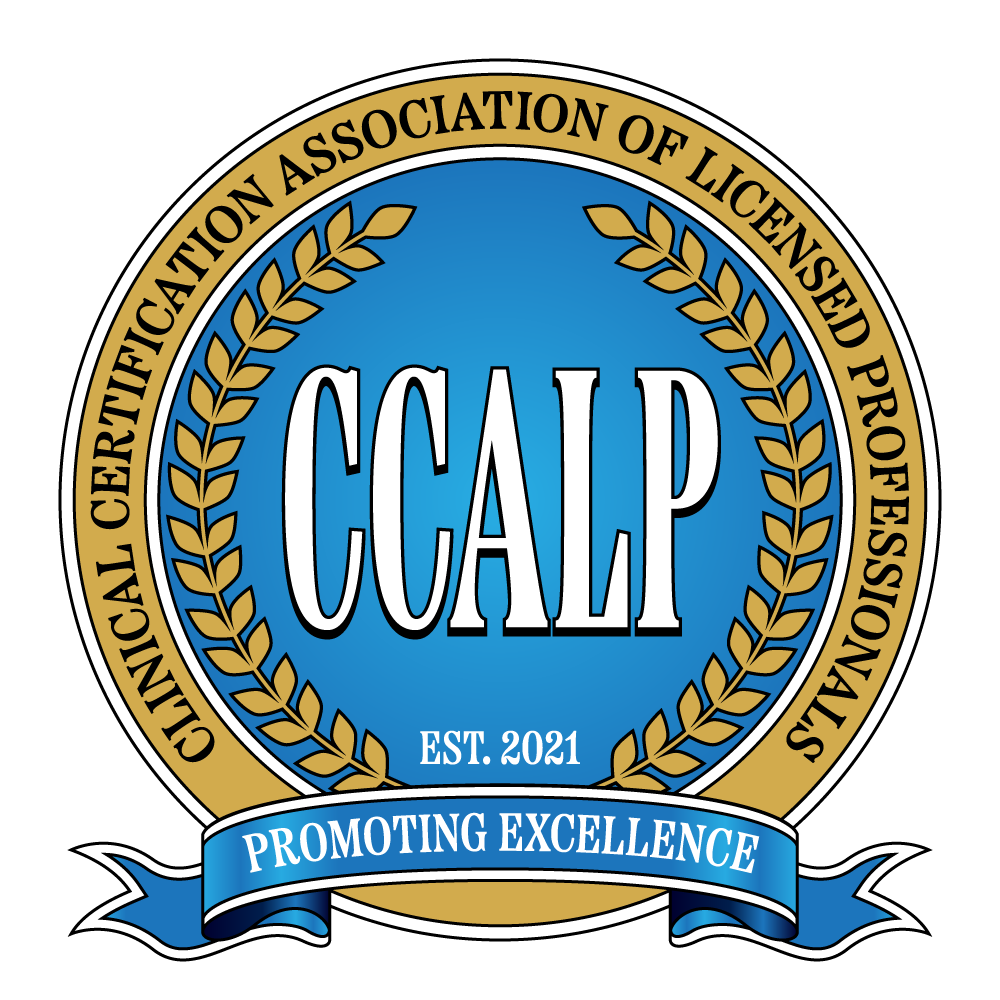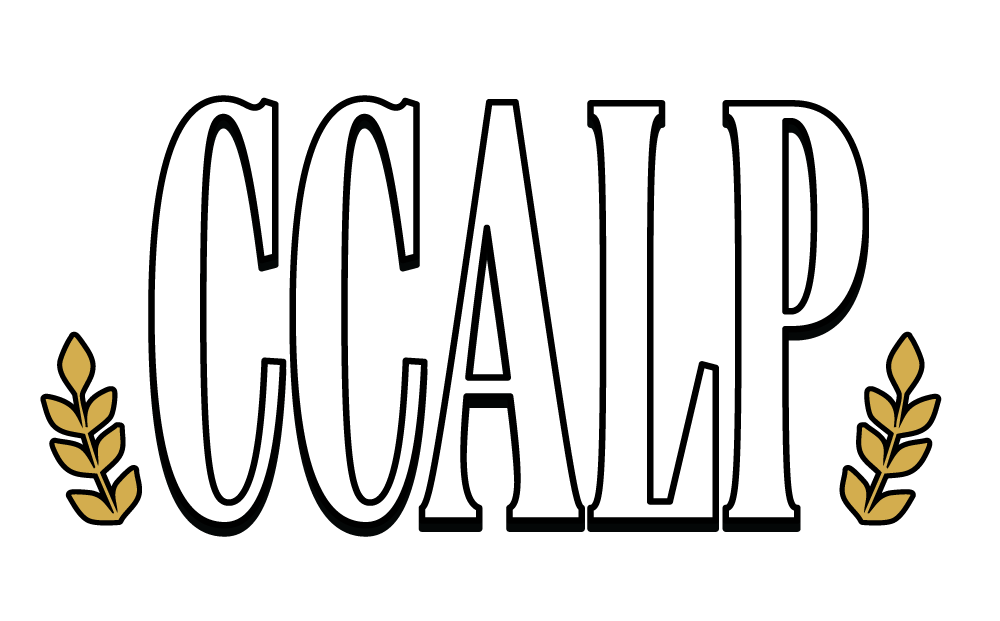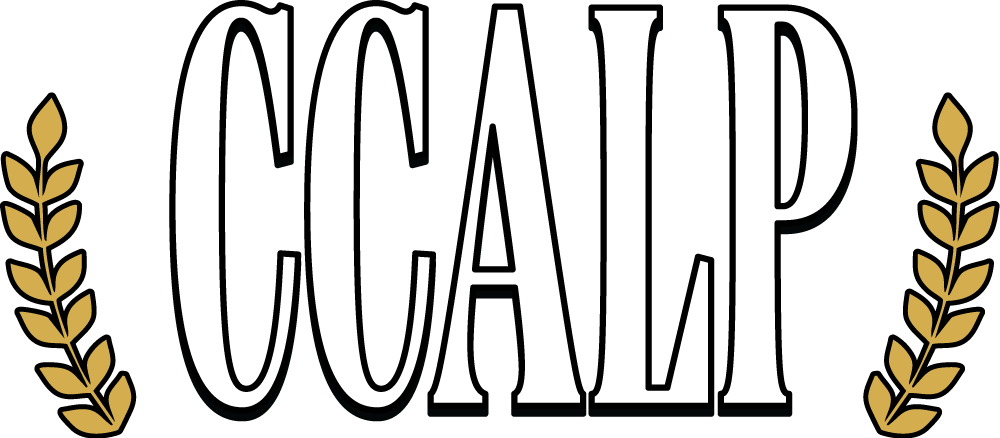Professional Code of Conduct
What is CCALP's Professional Code of Conduct
The Clinical Certification Association of Licensed Professionals (CCALP), has developed the Professional Code of Conduct to ensure the highest level of professional responsibility and care for all clients. It is expected that all CCALP Certificants (hereafter, “Certificants”) will represent themselves appropriately and abide by the Code of Conduct. Violation of the Code of Conduct may result in revocation of your credentials.
What is a code of conduct and how does it differ from licensure?
A code of conduct is a set of standards that outlines minimal conduct expectations, typically adopted by regulatory groups like credentialing organizations (e.g., CCALP), state licensure boards, and membership organizations. All CCALP credential holders and applicants must adhere to the CCALP Professional Code of Conduct, which guides decision-making and ensures ethical practice for those using CCALP services.
Licensure laws, created by legislators or elected officials and enacted by government agencies, protect the public by regulating who can use specific titles or provide services in a state. Laws are enforced by agents of government, such as state boards. State licensure boards are established by, and administered in accordance with, applicable legal requirements.
Terms and Conditions
PLEASE READ THE FOLLOWING TERMS AND CONDITIONS CAREFULLY BEFORE INITIATING YOUR APPLICATION.
By applying for certification, the applicant agrees to adhere to CCALP’s Professional Code of Conduct. All users of CCALP’s products and/or services agree that access to and use of this site are subject to the Professional Code of Conduct.
Certification Application
To apply for a certification, you must be in good standing with the state or national licensing board or organization that oversees and licenses you. This includes not being on probation for any reason. Certificants must not have been denied application or renewal in any local, state, or national professional associations to which he/she is qualified, due to ethical or professional issues. Additionally, Certificants must not have had their professional or medical privileges restricted, revoked, or revised in any formal institutional setting (such as a hospital, clinic, or other healthcare facility) due to professional malpractice.
Disclosures
CCALP operates independently from your state licensure board, and disclosures must be made separately to each entity. Submission requirements for state licensure or other certification boards may differ from those for CCALP’s review processes.
A reminder of this disclosure requirement is provided with the annual maintenance fee statement. By submitting payment or information to CCALP, credential holders accept responsibility for adhering to CCALP policies, fulfilling continuing education requirements, and abiding by the code of conduct.
Professional Responsibility, Competence, and Integrity
Certificants are personally and professionally accountable for their actions, recognizing the limits of their competence and training. The credential does not authorize practice beyond the scope of any professional license obtained. As a Certificant, you acknowledge that CCALP is not liable for your actions or their outcomes, and you accept full responsibility for acquiring and maintaining the necessary training to perform your job effectively.
Certificants may use their credentials only when they are current and in good standing. You agree to take full responsibility for your actions and decisions and hold CCALP and its affiliates harmless. You must keep your records up to date with CCALP and notify us in writing of any changes to your professional status, name, or contact details within 15 days.
Certificants must interact with CCALP personnel honestly and respectfully. Fraud, misrepresentation, and illegal behavior will not be tolerated and may result in revocation of certification. Any actions violating CCALP’s Professional Code of Conduct should be reported immediately. Certificants must comply with all relevant local, regional, national, and professional laws and regulations.
Holding a CCALP credential does not imply employment with CCALP or grant any authority beyond what your professional license permits. Certificants may use the appropriate designation following their name and/or certification badge on printed or digital media only when the credentials are valid and up to date.
Certification Renewal, Expiration, and Revocation
As a Certificant, you are responsible for maintaining your professional certification by adhering to the renewal requirements outlined in the certification standards. Continuing Education (CE) credits must meet the guidelines and be approved by CCALP Certifications.
Re-certification training hours should be completed during the period since your initial certification or most recent renewal. Renewal deadlines are based on the date your certification was first issued. To renew, you must submit all necessary documentation and payment before the renewal date.
If your certification has lapsed for an extended period and cannot be renewed, you may reapply for certification by following the steps outlined in the certification process. For specific details, refer to the certification standards associated with your credential.
Once a certification expires or is revoked, the use of the credential or any associated badge will be immediately discontinued. Revocation is final and determined by CCALP. No refunds, partial or full, will be issued in the event of a revocation.
Privacy and Account Security
As a registered Certificant, you will create an account ("Account") and are responsible for keeping your Account information confidential. You are solely responsible for the security of your Account and any activities conducted through it. If you suspect a security breach, you agree to notify our support team immediately. We are not liable for any losses due to unauthorized use of your Account.


